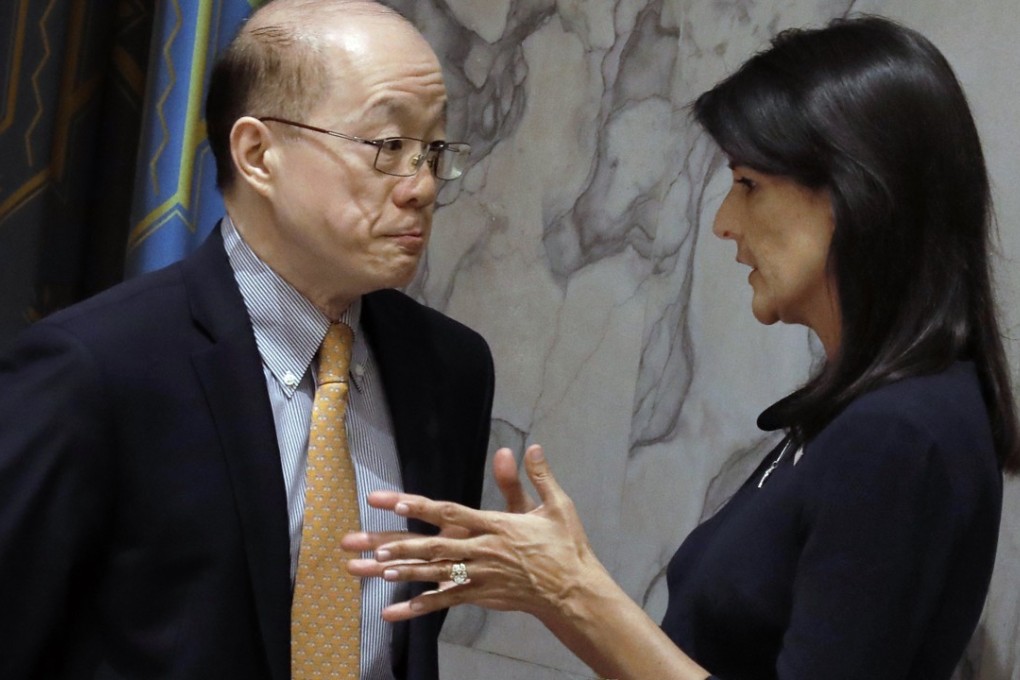How Chinese diplomacy can shape US policy on North Korea
Zhang Baohui says Beijing must show Washington that only dialogue with North Korea, coupled with sanctions, will be effective in averting catastrophe

A more promising approach lies in diplomacy and sanctions working in tandem. In this regard, China should use its critical position to shape the world’s course of action. Specifically, Beijing needs to insist on the US committing to dialogue with North Korea as a condition for supporting any more sanctions.
Key points of latest UN sanctions against North Korea
Sanctions, including a ban on the sale of oil, cannot address the root cause of North Korea’s nuclear ambition. Fundamentally, North Korea is no different from other countries; they are all shaped by the same anarchic order of the international system, so-called because it lacks a centralised authority. This anarchic context makes all states insecure, and motivates them to adopt an assuming-the-worst mindset for their security. They tend to exaggerate external threats and are inclined to use all means available to provide for their own security.
